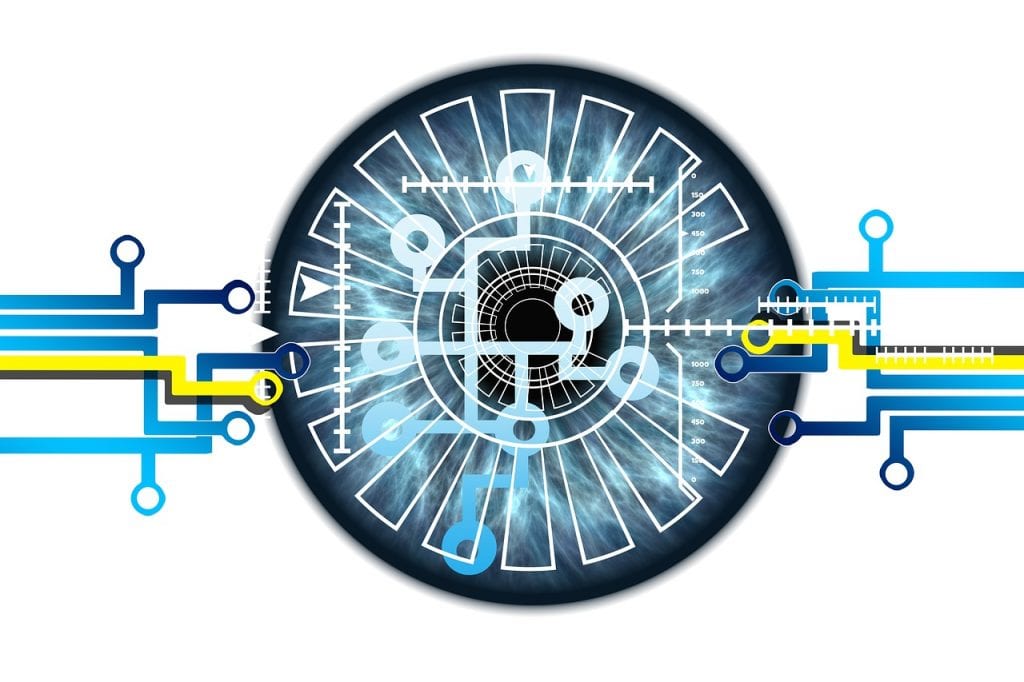This article by Charlie Tuxworth of Equiniti presents an insightful perspective for behavioral biometrics that is well aligned with Mercator’s own research and adoption forecast:
“Biometrics is a good example of a technology that continues to evolve and become something that we consumers are increasingly reliant upon and yet – if done right – are also increasingly unaware of.
Biometrics are unique physiological or behavioural characteristics and are used to authenticate a person’s identity.
Biometrics are rapidly overtaking more traditional methods of authentication such as passwords and signatures and, indeed, many of us are now comfortable providing a physiological biometric (for example, a fingerprint or a voice or facial recognition check) to access our online mobile bank accounts or to make a payment with our phones.
Mainstream use of biometrics has been widely accepted by users across a range of sectors including banking, finance, healthcare and government, and this is largely due to the low level of effort required.
Biometrics have brought convenience, speed and security to personal authentication to confirm transactions and also when registering for new online services.
For many of us this is a welcome change and I, for one, find using a biometric much more convenient than remembering a password or carrying my passport around. However, biometric authentication based on physical traits is only touching the surface of what is already possible.
Rather than relying upon unique physical attributes to verify identity, technology companies are exploring the potential of using behaviour to provide an even more personal, frictionless and secure way of proving identity.
The way a person walks, smiles, grimaces or even uses a phone or keyboard can help to determine their identity.
These Behavioural Biometrics will allow personal authentication to become so straightforward and simple that we won’t even be conscious that it is happening.
Imagine a scenario where the very act of walking into a shop can help to provide a level of confidence that it is the ‘right’ person when confirming a transaction.
At Equiniti we’re looking at how behavioural biometrics can benefit our clients in terms of faster, more confident and less intrusive authentication.
Machine learning technologies help us to authenticate users based on a combination of their behaviour when on an app or website. This will allow us to assess whether the person typing is the right person based on speed of typing, finger placement and pressure.
In addition, we can raise a warning if we feel it is the right person, but that they appear to be behaving in an unusual manner, which could be due to duress – an important consideration when dealing with large financial transactions.
For consumers it will be possible to request additional confirmation if it appears that the user has succumbed to an urge for some online shopping after a night out.
By building an understanding of how people access and use their accounts legitimately, a behavioural profile is created, which effectively acts as a safeguard against imposters.
If the system has any doubts regarding the user, then it doesn’t need to prevent the transaction, but instead simply prompt for some ‘traditional’ verification, such as a pin number or password.”
Overview by Tim Sloane, VP, Payments Innovation at Mercator Advisory Group
Read the quoted story here
